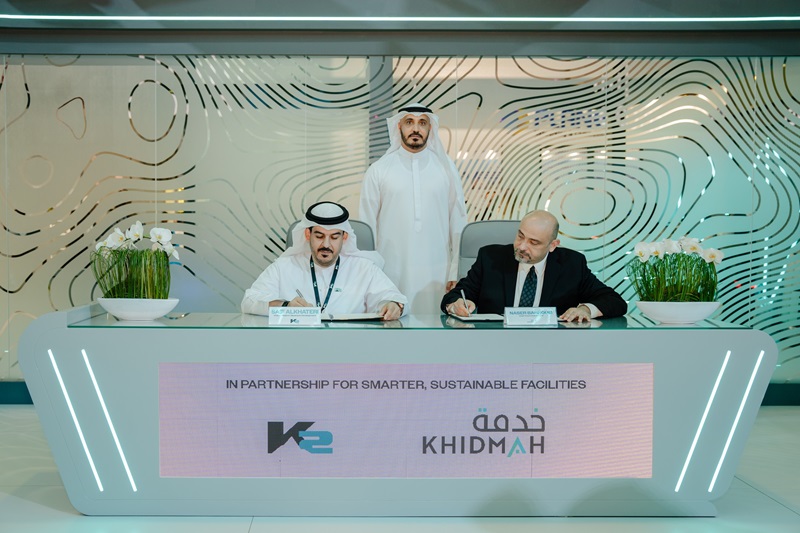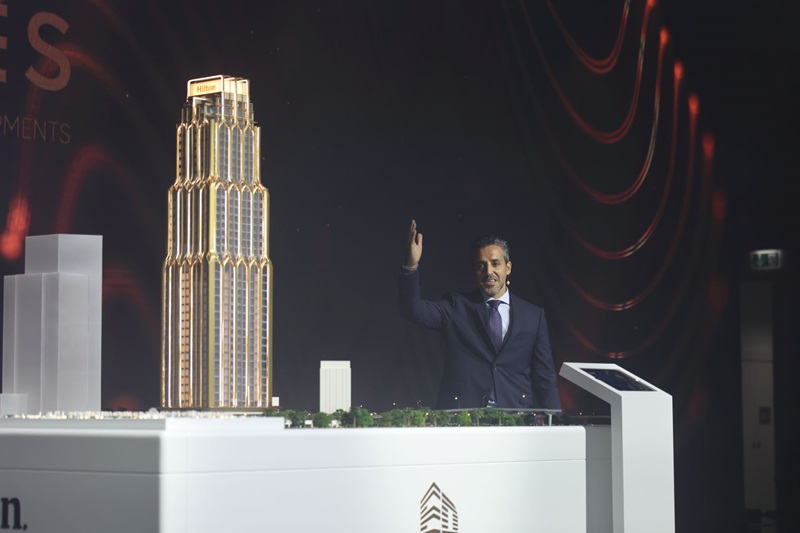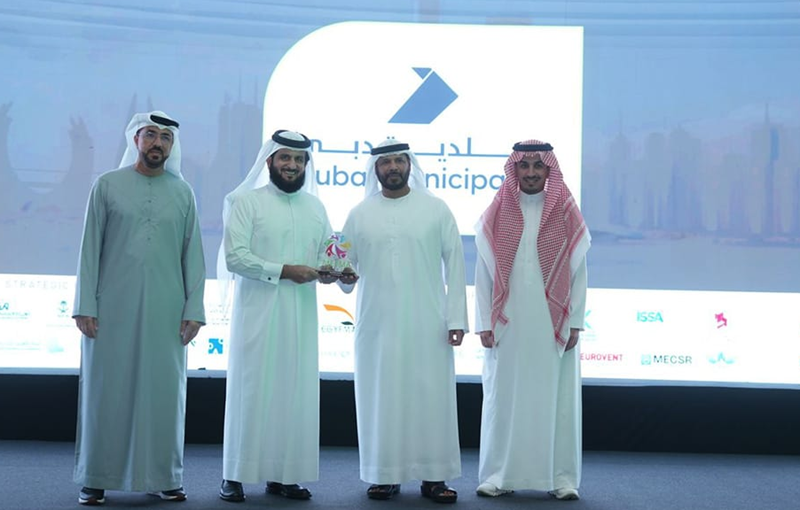
In the rapidly expanding landscape of Saudi Arabia’s built environment, anchored by visionary mega-projects such as NEOM, Red Sea Global, Qiddiya, King Salman Park, Diriyah Gate, and other large infrastructural projects, the role of facilities management (FM) has evolved.
FM has transitioned from a traditionally reactive function to a strategic discipline focused on asset lifecycle optimization, regulatory assurance, and stakeholder value creation. In this elevated context, adopting global standards like SFG20 is not just a technical necessity; it’s a strategic imperative.
SFG20, developed by BESA in the UK, is the industry standard for building maintenance. Offering the gold standard for preventative maintenance, SFG20 enables FM providers to deliver asset specific, risk-based maintenance with precision. But there’s a growing disconnect between what’s promised in bids and what’s offered on the ground. Too often, SFG20 is reduced to a marketing buzzword used to win contracts without the operational commitment to support it.
The result? Understaffed operations, safety risks, and early asset degradation, all hidden behind a façade of compliance. For executive decision-makers, this is more than a technical issue. It’s a business risk that can undermine service delivery, client satisfaction, and long-term value.
Let’s break it down: Bidding documents often cite SFG20 and present sample schedules. But manpower planning is still driven by outdated metrics like square meter coverage, ignoring the real complexity of systems, occupancy, or asset condition. A 20,000 m² logistics hub is not equal to a 20,000 m² hospital, yet bid models treat them the same.
This flawed planning leads to bids that understate resource needs. Prices look attractive on paper, but delivery teams are forced to stretch technicians thin or cut corners compromising compliance, increasing safety risks, and degrading trust. For C-level leaders, this directly impacts brand reputation and contract performance KPIs.
So what does real SFG20 compliance look like?
At Muheel Facilities Management, we see SFG20 not as a checkbox, but as a contract execution framework. Through our partnership with SFG20, we’ve taken deliberate steps to embed compliance into our operations:
1. Live Integration with CAFM Systems. Our systems map preventive schedules directly from the SFG20 database, ensuring accuracy and under-resourcing.
.
2. Full Access to Licensed Libraries. All operations managers and planners work with the SFG20 standard which changes every single month in line with new legislation and industry best practice, making it a core tool, not a static reference.
3. Technician Education. We conduct regular toolbox talks and training to ensure that teams understand not just the "what" but the "why" of every compliance task.
4. Internal Audits and Assurance. Our service assurance teams run scheduled audits to validate that what’s planned is truly performed.
5. Competency-Based Role Assignments. Task assignments are aligned to SFG20-defined skill levels, ensuring the right expertise is deployed every time.
These measures aren’t just about process, they’re about performance, process, and sending a clear message to our clients: We deliver what we promise.
The FM industry in Saudi Arabia stands at an inflection point. Vision 2030 has raised the bar for infrastructure scale, quality, and longevity. With that comes the need for transparency, credibility, and a move away from superficial compliance.
At Muheel FM, we’re proud to lead by example. But we also recognize that real transformation requires collective commitment. That’s why we call on our industry peers, clients, consultants, and providers to insist on verified standards, data-backed planning, and accountability from day one.
SFG20 is more than a selling point. It’s a benchmark of professional integrity. And if we want our FM industry to thrive under the spotlight of global scrutiny, it’s time we treated it as such.
Muheel and SFG20 have formed a strategic alliance to promote industry-wide awareness in KSA and support the effective implementation of standardized maintenance best practices.
The author, Muhammad Irfan Khokhar, is the Acting CEO of Muheel Facilities Management.













.jpg)


